The workshop was attended by a large number of experts, researchers, managers, representatives of agencies, organizations, creative businesses, training institutions and units operating in the field of culture and arts.
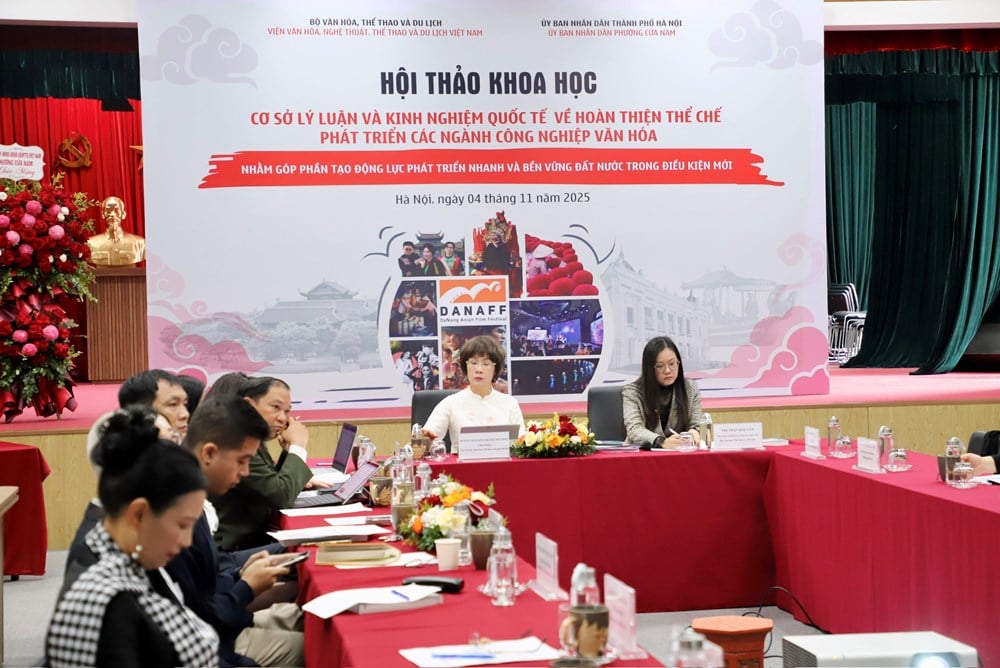
Cultural industry – endogenous resources for development
In recent years, our Party and State have clearly identified: culture is not only the spiritual foundation of society, but also the endogenous strength, the driving force and regulatory system of sustainable development.
The Resolution of the 13th National Party Congress emphasized the need to "awaken the aspiration to develop a prosperous and happy country", taking Vietnamese cultural values and people as special resources.
Continuing that spirit, the Draft Document of the 14th National Congress continues to affirm the breakthrough role of culture, especially the completion of institutions and policy frameworks for innovation, knowledge economy , cultural industry and creative economy - one of the new growth pillars of the country.
On the Government side, the Strategy for the Development of Cultural Industries in Vietnam to 2020, with a vision to 2030 (issued in 2016) has established the cultural industry as an important economic sector, contributing directly to growth, employment and budget revenue. In addition, the cultural industry is also seen as a channel to increase Vietnam's "soft power", contributing to enhancing the international position through products, services and the image of Vietnamese people.
The strategy also requires the formation of a creative ecosystem, developing cultural industries in the direction of professionalization and commercialization, based on intellectual property and indigenous cultural values.
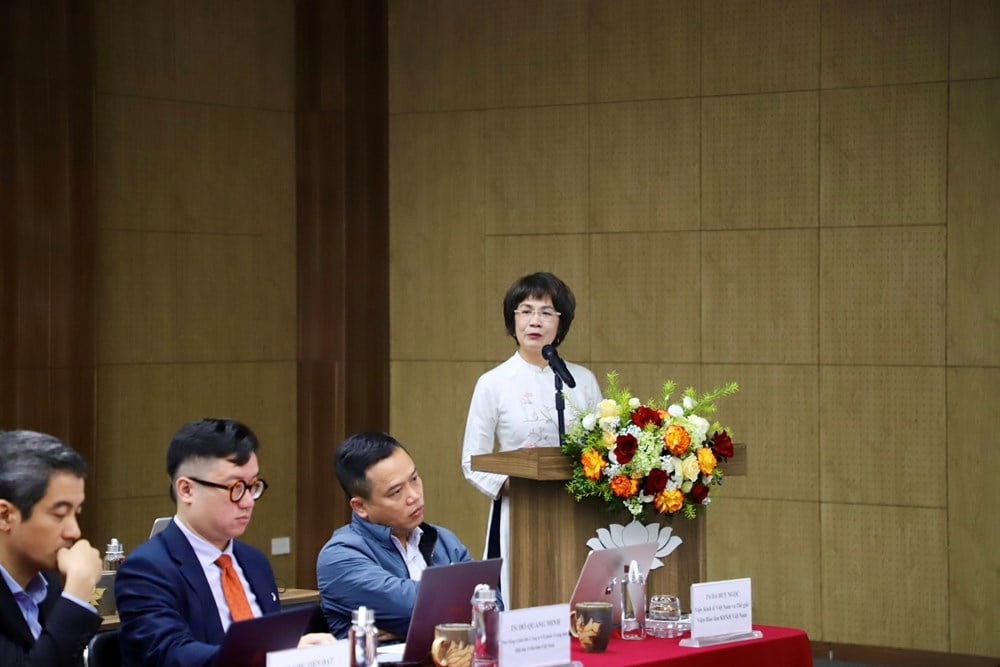
Thus, Vietnam has a policy, a strategy and a unified understanding of the role of the cultural industry. However, the biggest bottleneck today is not in the vision, but in the institution.
The institutional framework for cultural industry development is still scattered across state management sectors, lacking a strong enough coordination mechanism to connect related sectors such as culture - creativity - science and technology - tourism - trade - urban areas.
In addition, we lack tools to encourage private investment, public-private partnership, policy testing corridors (sandboxes) for new models, and especially a flexible mechanism at the local level - where innovation is nurtured and spreads most strongly.
Culture is the pillar of development
This is also an issue that UNESCO has clearly stated in the MONDACULT 2022-2025 process: culture is not only a field of heritage conservation but also a pillar of development, requiring new institutional thinking - considering culture as a system of values, a resource, a public asset and a creative space.
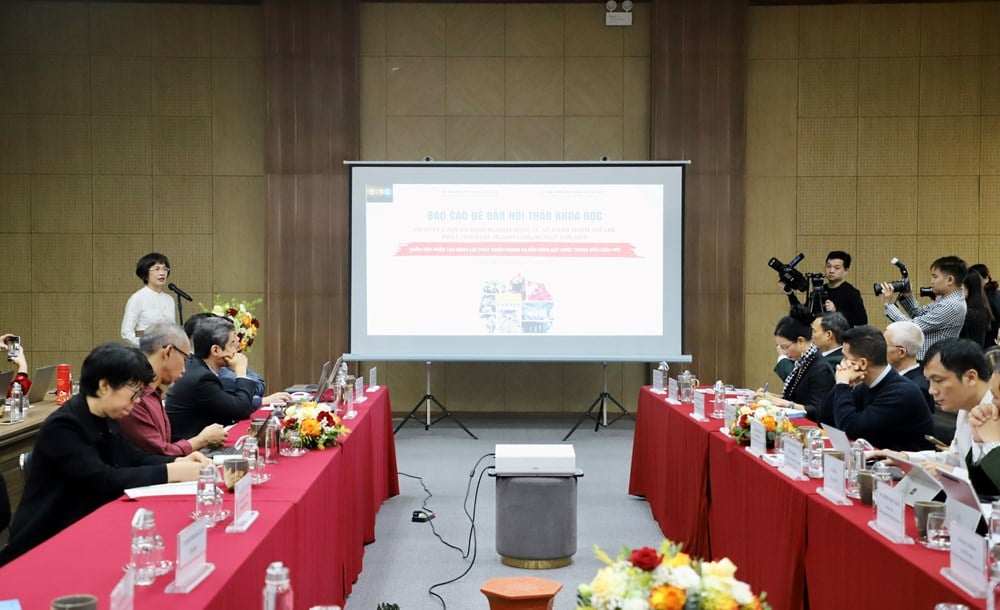
Accordingly, there needs to be appropriate policies on investment, finance, space and participation rights of the creative community. The question for all countries is: are we ready to reform the institutions so that culture can truly become a driving force for sustainable development?
Associate Professor Dr. Nguyen Thi Thu Phuong, Director of the Institute of Culture, Arts, Sports and Tourism, said: The workshop "Improving the institution for developing Vietnam's cultural industry" was organized to contribute to answering that question in the context of Vietnam. The goal of the workshop is to build a theoretical foundation, identify international lessons and determine core issues that need to be resolved to perfect the institution for developing cultural industry in the coming period.
In terms of theoretical basis, the concept of "institution for cultural industry development" does not stop at systems of laws, decrees or individual incentive mechanisms.
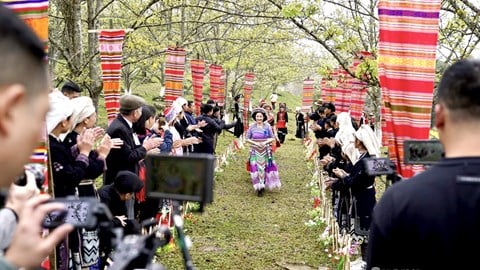
Proposing necessary mechanisms and policies to develop the tourism industry
At a higher level, institutions include mechanisms for the division and coordination of administrative power between the central and local levels; mechanisms for the recognition and protection of intellectual property and copyright; financial mechanisms for creativity; and mechanisms for ensuring the participation of the creative community and cultural enterprises in the policy-making process.
This is a shift from thinking about culture as a “management field” to thinking about culture as a “soft institutional foundation of development”. When culture becomes a soft institutional foundation, the cultural industry not only creates creative products and services, but also builds social trust, local identity, investment attractiveness and community cohesion – essential elements of sustainable development.
The question for Vietnam is: do we have this new institutional approach yet? Do we have a tool to measure the effectiveness of the cultural industry's contribution to socio-economic growth? Is there a mechanism for culture to truly participate in the structure of local development dynamics?
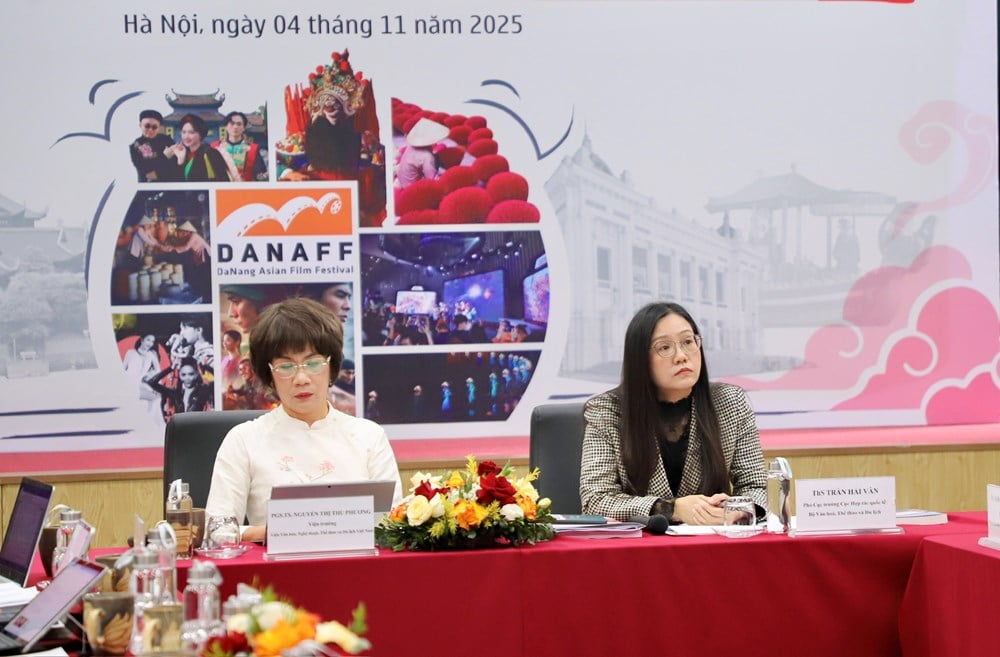
International experience and suggestions for Vietnam
Many countries have developed cultural industries not spontaneously, but through a breakthrough institutional framework. Some typical models include:
The model of creative cities and cultural and creative industrial clusters allows urban authorities to be flexible in planning, using land funds, developing creative spaces, performance centers, events and producing digital content.
A mechanism to connect culture - technology - tourism into a value chain, from heritage conservation to transformation into contemporary cultural products, spreading local brands and attracting new investments.
Financial instruments to support creativity such as cultural industry development funds, preferential credit for small and medium-sized creative enterprises, or co-financing mechanisms between urban authorities and enterprises.
These experiences are especially meaningful to Vietnam in the context of large cities – including heritage cities, tourist cities and creative cities – transforming their organizational models.
As the administrative structure changes, the question arises: who will be the institutional actors leading the creative ecosystem? Who will invest in cultural infrastructure? Who has the right to exploit local identity as a development resource?
If administrative institutions change without cultural institutions adapting, localities with strong creative brands may lose their advantage. Therefore, institutional capacity becomes a decisive factor in maintaining and promoting the position of creative, tourism and heritage cities.
To remove institutional bottlenecks and promote sustainable development of the cultural industry, the workshop proposed three core groups of issues:
Institutional framework: It is necessary to clarify the institutional model for the cultural industry in Vietnam - it could be a national-level inter-sectoral coordination institution, a strong decentralization mechanism for creative cities, or the formation of inter-provincial cultural and creative zones.
Policy tools: Develop substantive support tools for businesses and creative communities such as investment funds for cultural innovation, tax incentives, preferential credits, or protection mechanisms for urban creative spaces.
Measurement and evaluation: Develop a system of indicators to measure the contribution of cultural industries to GDP, creative employment, tourism competitiveness and national image. With reliable indicators, cultural industries will be recognized as a true pillar of development.
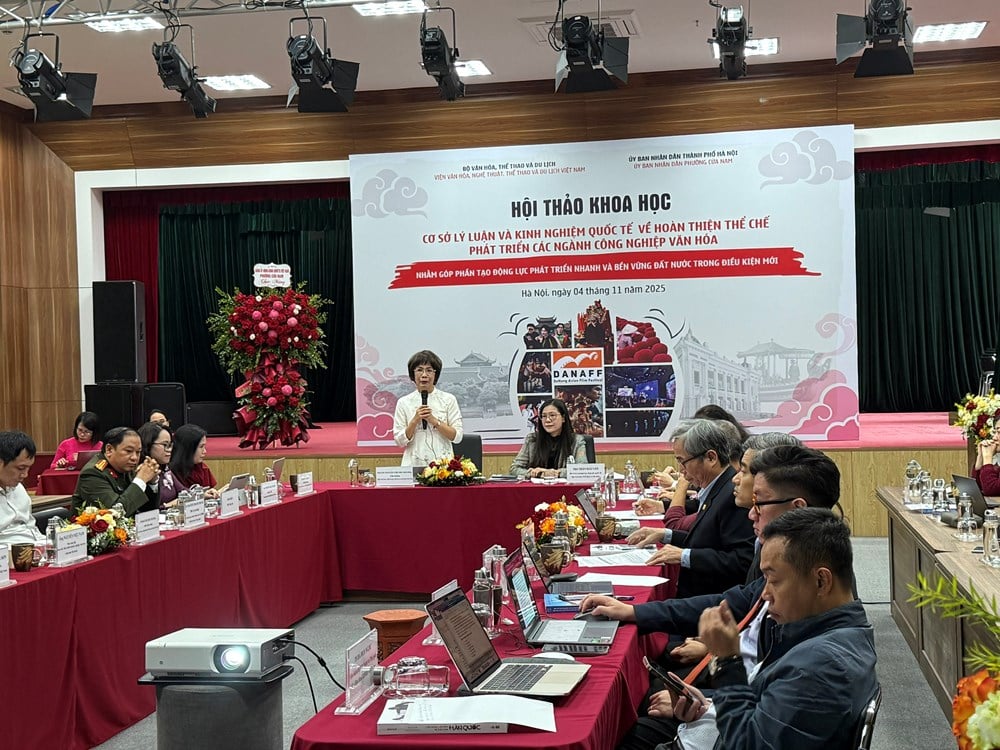
Towards an innovative and flexible cultural institution
The workshop on cultural industry is not only about specific industries, but also about the soft institutional foundation of development. It is the connection between policy, creative space, artist-business community and local government, aiming at the goal of rapid and sustainable development.
Accordingly, institutional orientations in the coming time need to focus on three pillars: Promoting the leading role of the State in creating legal corridors and development environments.
Promoting the role of the creative community, artists, cultural enterprises and urban residents.
Promoting the role of cultural - creative - tourist cities as "locomotives" of the cultural industrial ecosystem.
In that spirit, the workshop expects that the presentations, policy responses and shared international experiences will directly contribute to the process of perfecting the institutional framework for developing Vietnam's cultural industry, in line with the orientation of the 13th National Congress, preparing for the 14th National Party Congress, and implementing international commitments in the MONDIACULT 2022-2025 process on considering culture as a pillar of sustainable development in the future.
Source: https://baovanhoa.vn/van-hoa/hoan-thien-the-che-dong-luc-phat-trien-cong-nghiep-van-hoa-viet-nam-trong-giai-doan-moi-179048.html


![[Photo] Ho Chi Minh City Youth Take Action for a Cleaner Environment](https://vphoto.vietnam.vn/thumb/1200x675/vietnam/resource/IMAGE/2025/11/04/1762233574890_550816358-1108586934787014-6430522970717297480-n-1-jpg.webp)

![[Photo] Panorama of the Patriotic Emulation Congress of Nhan Dan Newspaper for the period 2025-2030](https://vphoto.vietnam.vn/thumb/1200x675/vietnam/resource/IMAGE/2025/11/04/1762252775462_ndo_br_dhthiduayeuncbaond-6125-jpg.webp)

![[Photo] The road connecting Dong Nai with Ho Chi Minh City is still unfinished after 5 years of construction.](https://vphoto.vietnam.vn/thumb/1200x675/vietnam/resource/IMAGE/2025/11/04/1762241675985_ndo_br_dji-20251104104418-0635-d-resize-1295-jpg.webp)
![[Photo] Ca Mau "struggling" to cope with the highest tide of the year, forecast to exceed alert level 3](https://vphoto.vietnam.vn/thumb/1200x675/vietnam/resource/IMAGE/2025/11/04/1762235371445_ndo_br_trieu-cuong-2-6486-jpg.webp)
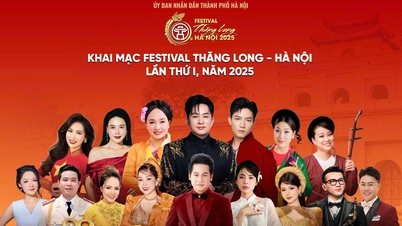

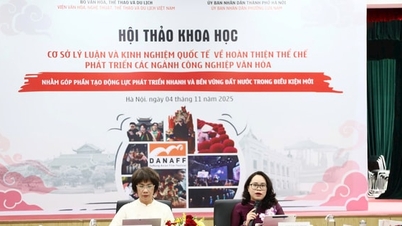

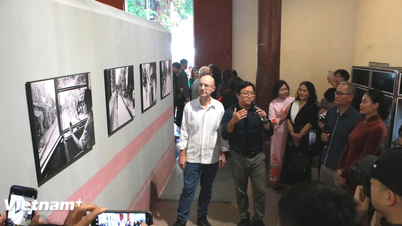


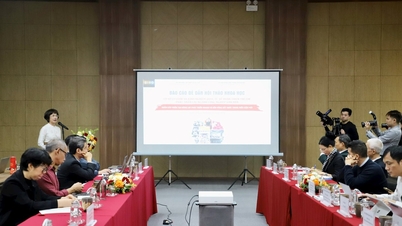

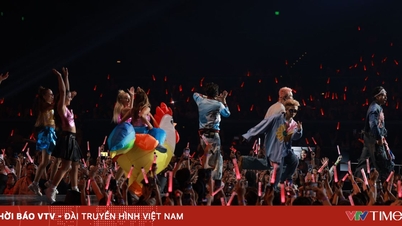

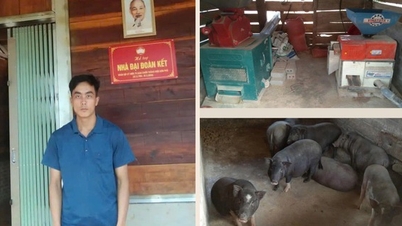




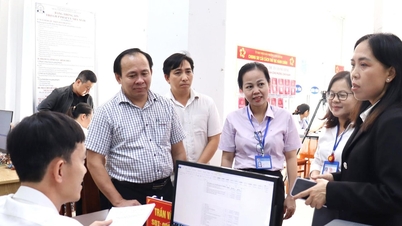













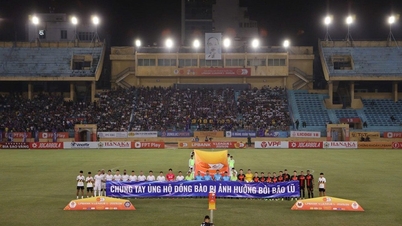
























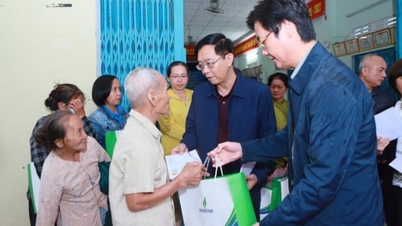









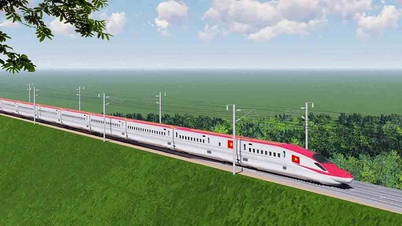


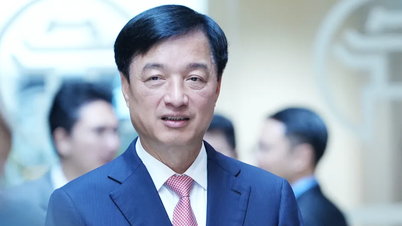


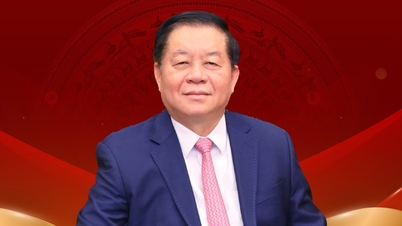

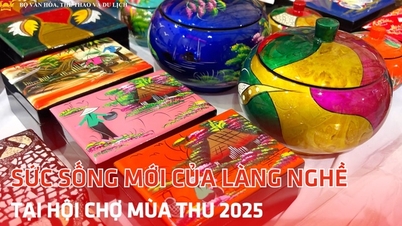







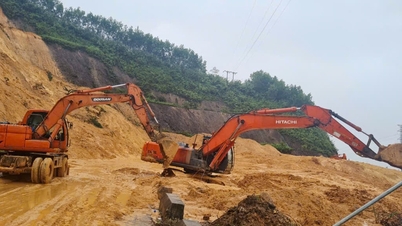



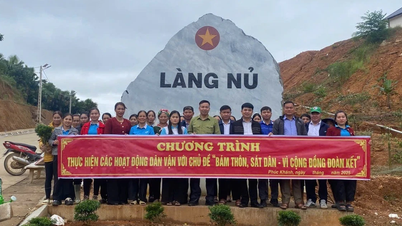

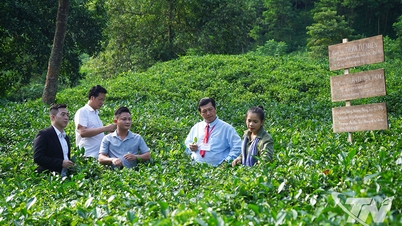

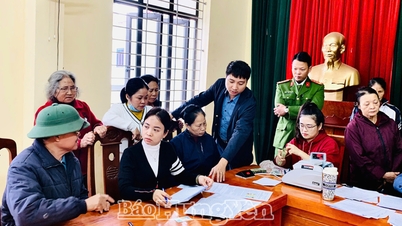











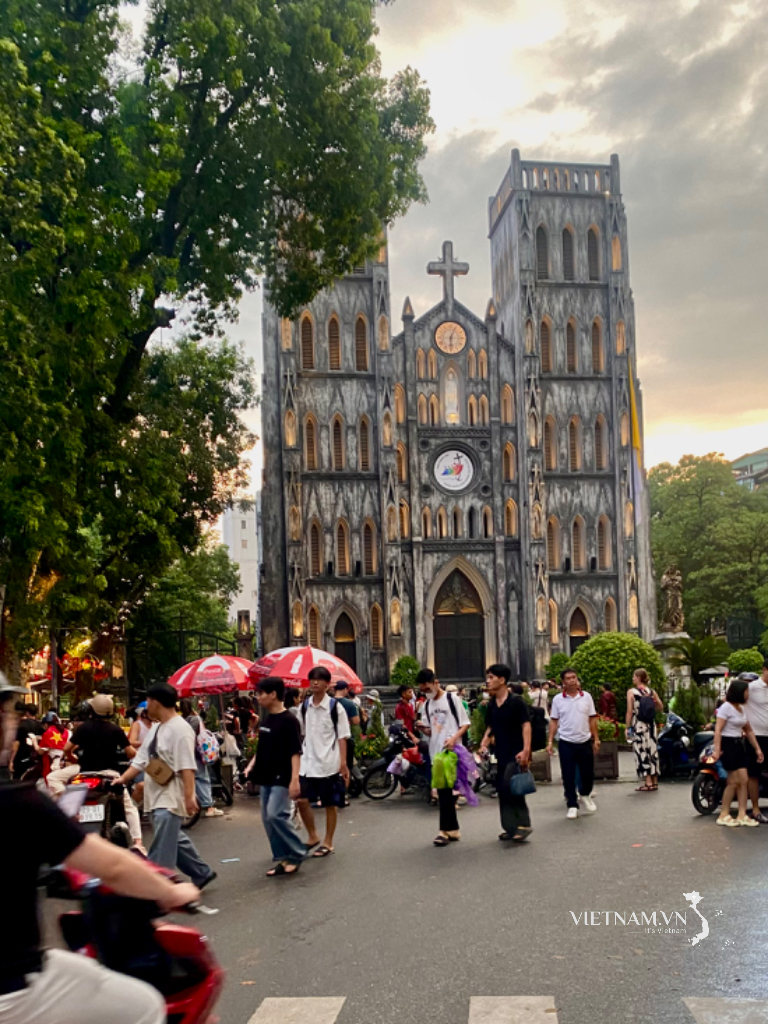
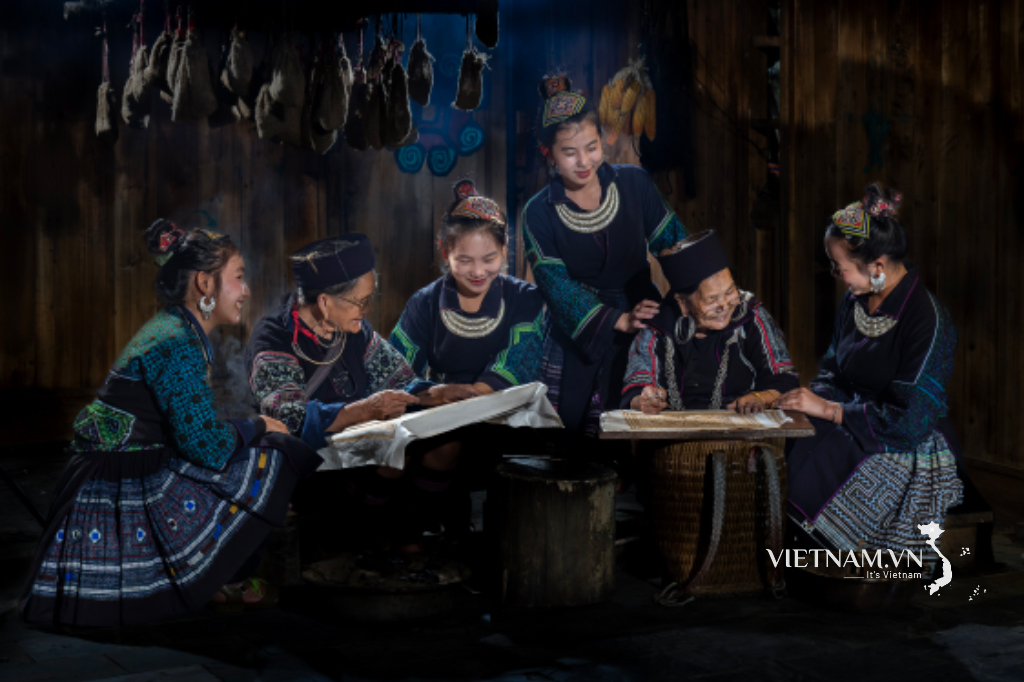


Comment (0)